Page 2
Tag: HFCs
-
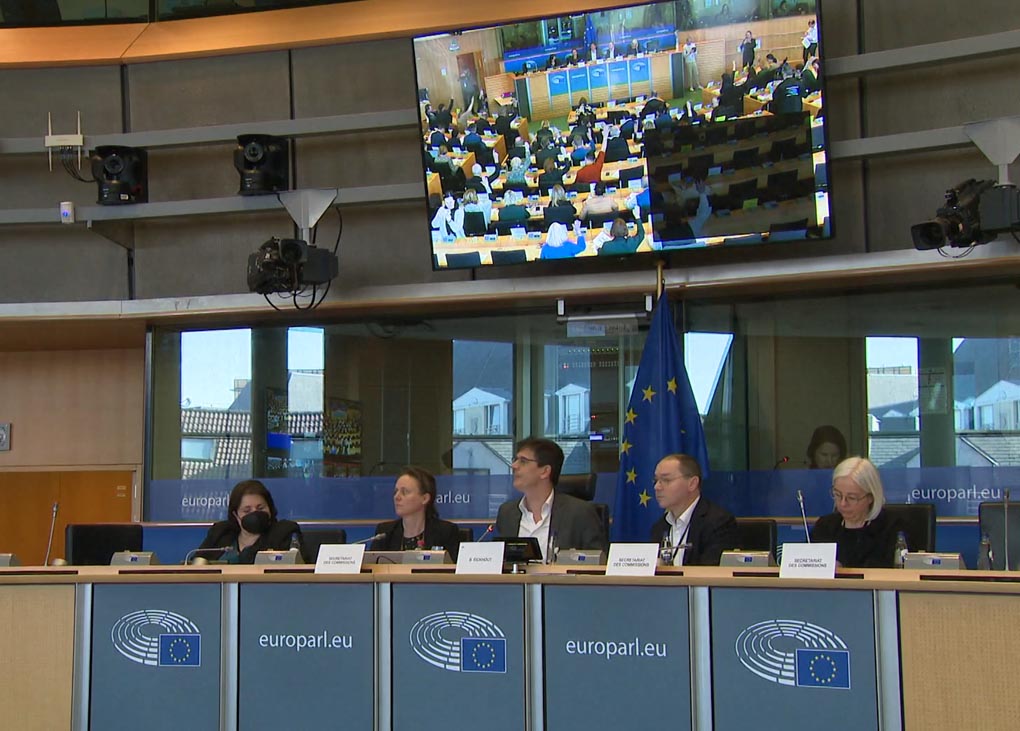
Europe votes to move away from fluorinated refrigerants
The European Parliament’s Committee on the Environment, Public Health and Food Safety (ENVI) has agreed to amendments to the F-gas regulation that will see bans on fluorinated gases in refrigeration and air conditioning equipment over the next five years. It signals a major move away from synthetic gases and towards natural alternatives. “We are making […]
-

US EPA proposes tighter HFC restrictions
The United States Environmental Protection Agency (EPA) has moved to restrict the use of many “super-pollutant” hydrofluorocarbons (HFCs) in new air conditioner and refrigeration systems, as well as in foams and aerosols. The proposal targets the use of HFCs above a certain global warming potential (GWP) and will require most new equipment to transition to lower-GWP […]
-

US commits to HFC phase-down
The US Senate has ratified the Kigali Amendment to the Montreal Protocol, joining the 137 other countries that have already ratified the treaty. The Kigali Amendment calls for a gradual reduction in the consumption and production of hydrofluorocarbons (HFCs), which are potent greenhouse gases. Many of these are used as refrigerants in HVAC&R systems. “The […]
-

Propane AC could help avoid global temperature rises
A report published at the Proceedings of the National Academy of Sciences (PNAS) has highlighted the emissions that could be avoided by switching to propane as a refrigerant in split-system air conditioners. The research team estimates that such a transition could avoid a 0.09°C increase in global temperature by the end of the century. Global […]
-
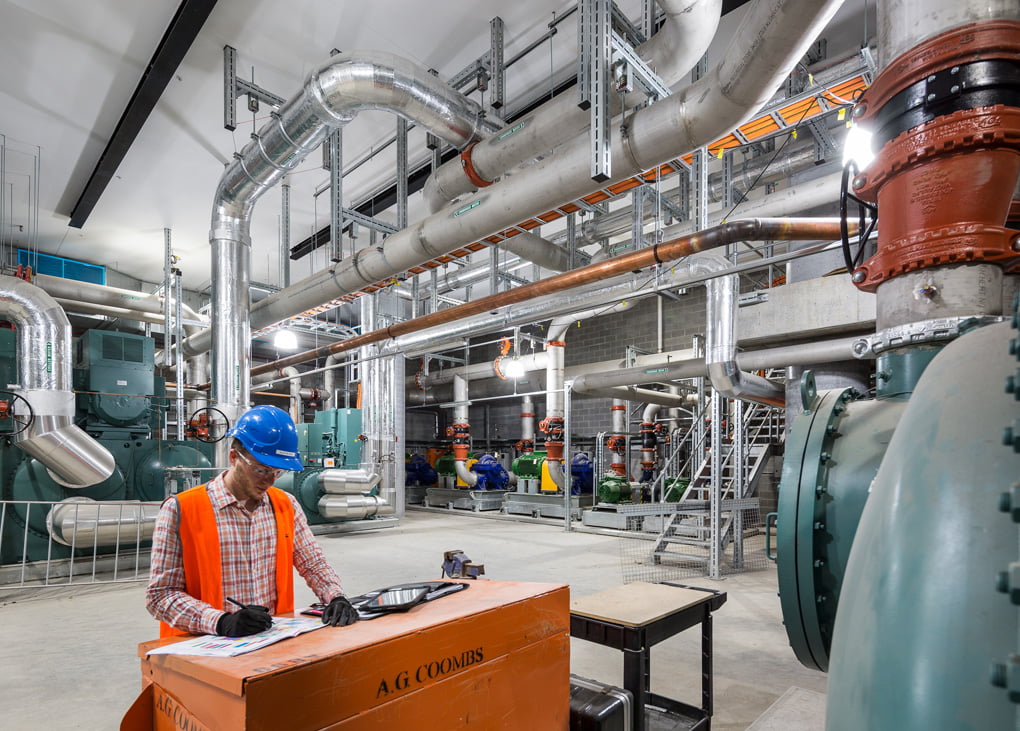
A.G. Coombs issues advice on commercial HVAC refrigerants
A.G. Coombs has produced an update on its advice about refrigerant use for commercial HVAC systems. “As the world grapples with rising temperatures caused by the emission of greenhouse gases, refrigerants are under renewed scrutiny,” A.G. Coombs says. “Common refrigerants are classified as greenhouse gases, which can be hundreds or even a thousand times worse […]
-
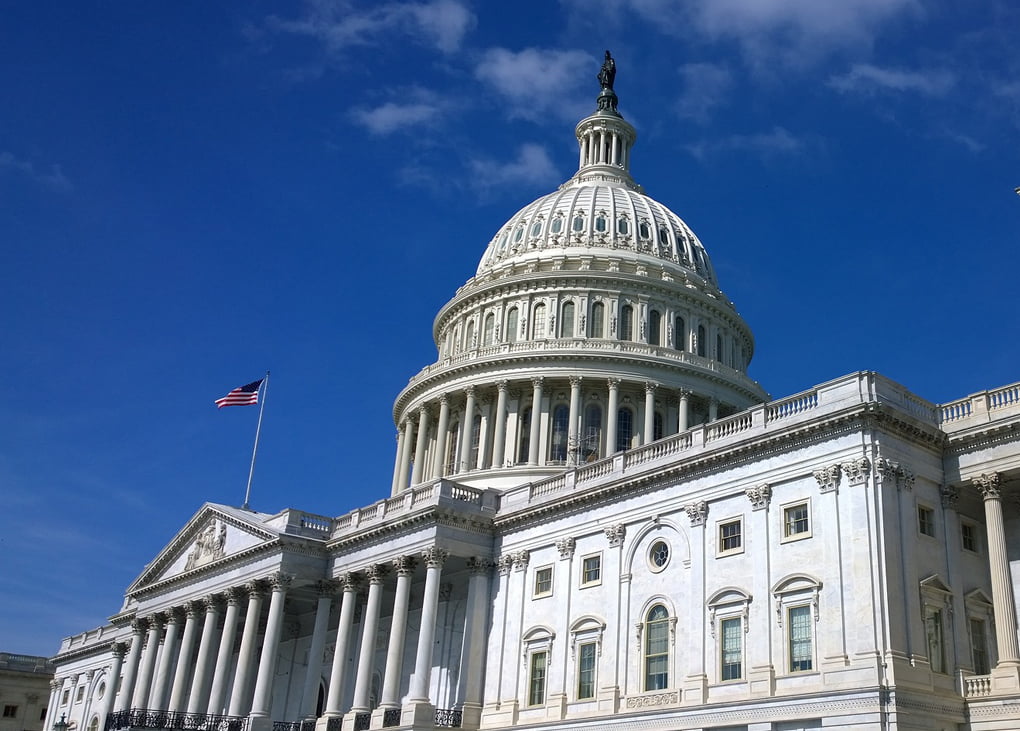
US set to cut HFCs
The Biden administration has announced the Environmental Protection Agency (EPA) will release a new rule to reduce the emissions of hydrofluorocarbons (HFCs) by 85 per cent over 15 years. The move, signalled earlier this year, will bring the USA in line with the Kigali Amendment to the Montreal Protocol, which has now been ratified by […]
-

Shape-memory alloy could replace HFCs
A small company in Ireland has developed a new type of air conditioning system that could negate the need for hydrofluorocarbons (HFCs). Researchers at Exergyn, based in Dublin, worked in secret collaboration with another company – believed to be Carrier – for two years on the project. The system uses a shape-memory alloy (SMA) called […]
-
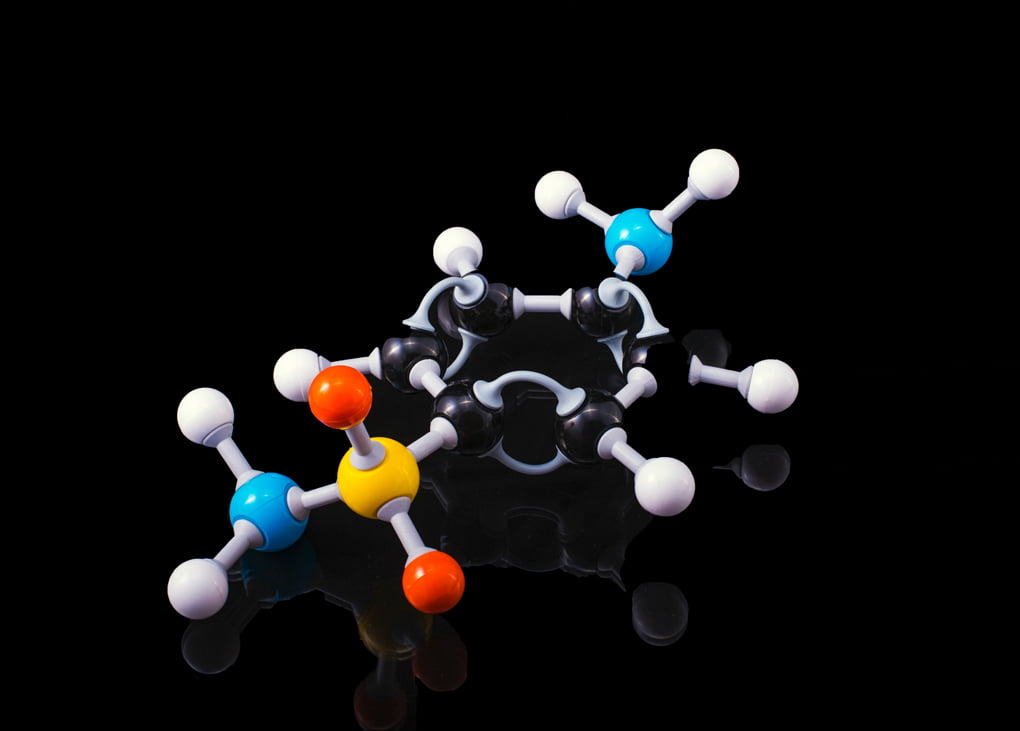
New controls proposed for HFCs and HFOs
Five European countries have proposed new legislation that could see HFCs and HFOs classed as per- and polyfluoroalkyl substances (PFAS) – and covered by tighter regulations. PFAS are a group of synthetic chemicals that are very persistent in the environment and the human body. They do not break down, and can accumulate over time. They […]
-

Tensions rise over EU refrigerant transition
Debate is intensifying in Europe over the future of HFCs as the European Union eyes stricter limits on the global warming potential of refrigerants, and manufacturers push back on the proposed switch to hydrocarbons. The European Union (EU) is in the process of reviewing its F-Gas Regulation, which provides a roadmap for phasing down fluorinated […]
-
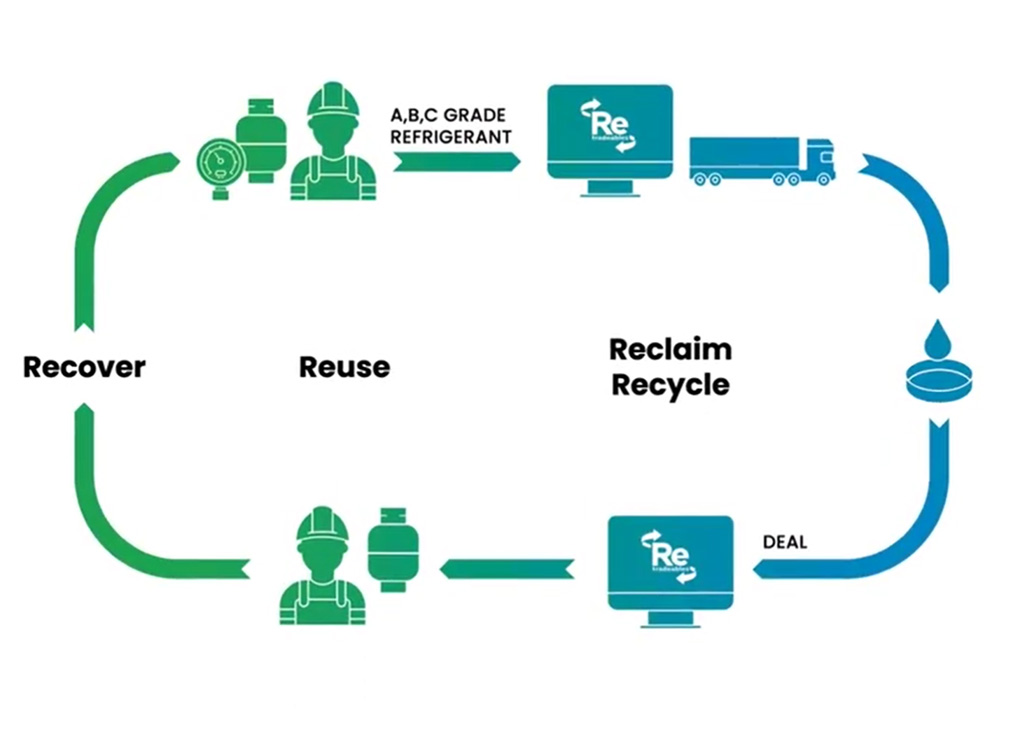
Online platform will trade recovered HFC refrigerants
A new, EU-funded online platform has been launched to enable trading of reclaimed HFC refrigerants in Europe. The website, called Retradeables, has been designed to provide a simple, viable market where used F-gases – or fluorinated refrigerants – can be bought, reclaimed and sold for further use. Users can access a live online exchange for […]
-

Biden signs orders to ratify Kigali – and more
US President Joe Biden has set the wheels in motion for his country to finally ratify the Kigali Amendment for the phasing down of HFCs. It was announced among a raft of measures aimed at addressing climate change. Via an executive order, Biden directed his administration to prepare to send the Kigali Amendment to the […]
-

Company fined $500,000 for unlawfully importing HFCs
The largest fine ever issued under Australia’s ozone protection laws has been handed down to a Victorian-based fire protection company for the unlawful importation of hydrofluorocarbons (HFCs). Following a civil prosecution from the Department of Agriculture, Water and Environment, this week the Federal Court of Australia found the company formerly known as Fire Protection Technologies […]
-
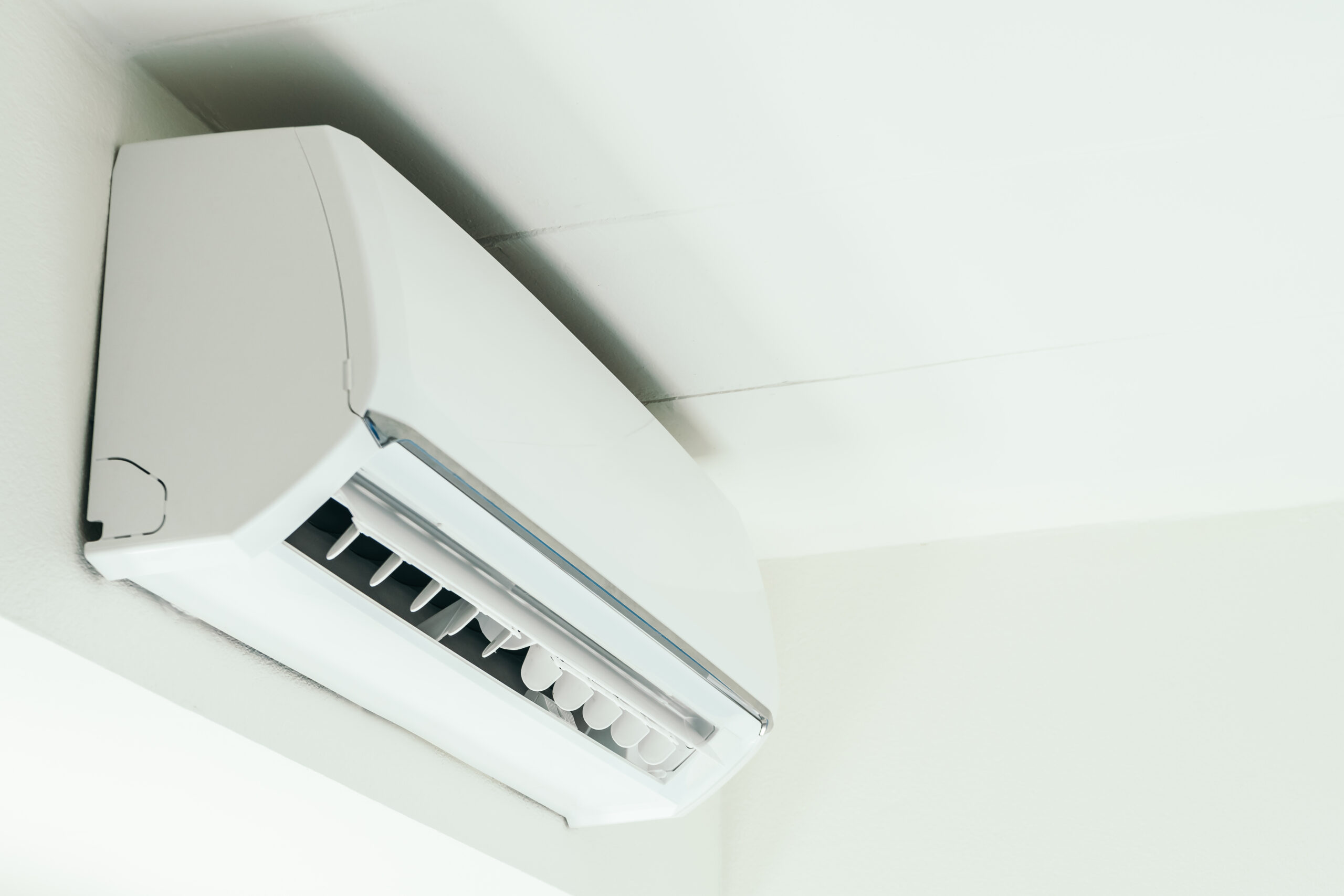
EIA calls for ban of HFCs in split systems
The Environmental Investigation Agency (EIA) has renewed its call for hydrofluorocarbons (HFCs) to be banned in domestic air conditioners, with the claim that a switch to hydrocarbons could prevent harmful emissions equal to 1,400 coal-fired power stations running for a year. New research commissioned by the EIA found that making the change could avoid 5.6 […]
-

New study raises concerns over HFOs
Research co-led by York University and Environment and Climate Change Canada has unearthed new evidence about the impacts of hydrofluoroolefins (HFOs) on the environment. HFOs have been positioned by some as the future of synthetic refrigerants. They have zero ozone-depleting potential and break down very quickly in the atmosphere, resulting in very low global warming […]
-

China to tackle HFCs
China has proposed a national plan to deal with hydrofluorocarbons (HFCs). The plan recommends adjusting the existing regulations dealing with Ozone Depleting Substances (ODS) to cover HFCs, and to strengthen monitoring and enforcement of existing measures. It also proposes adding HFCs to existing regulations consistent with implementation of the Kigali Amendment, including a quota system […]
-

Chemours suspends supply of R404A and R507A
Chemours has suspended the supply of refrigerants with a high global warming potential (GWP) in the European Union, including R404A (GWP 3,922) and R507A (GWP 3,985). The move supports the European Union F-Gas Regulation to lower-GWP alternatives and prepare for the next quota phase-down in 2021. On January 1, 2020, a prohibition came into effect in […]
-
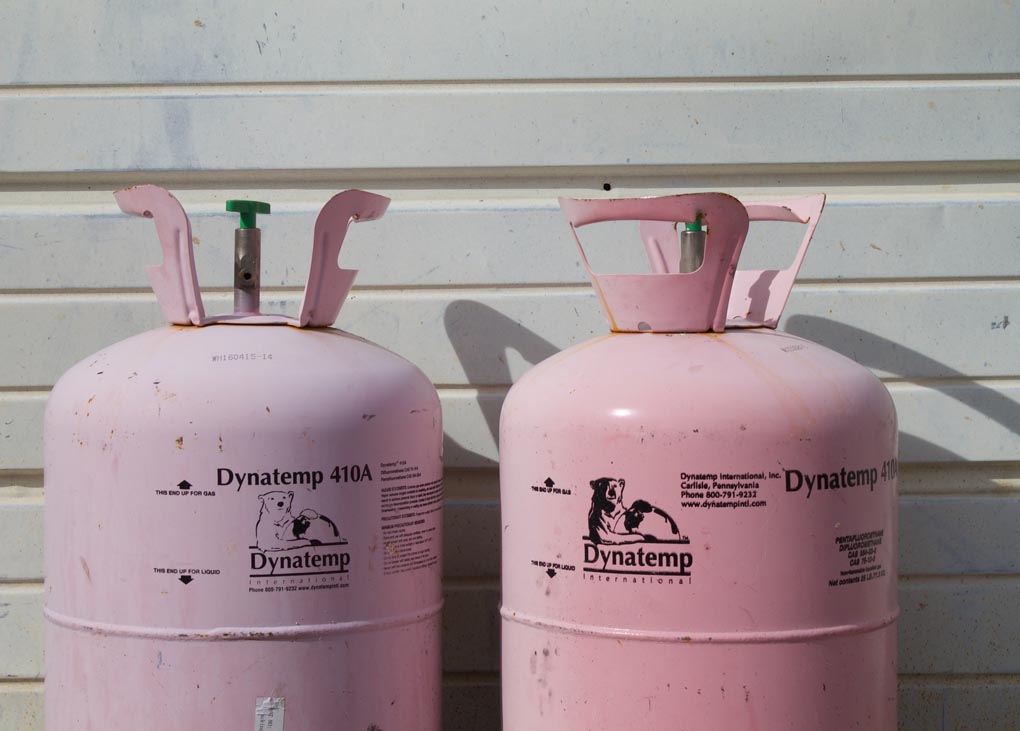
A 100 billion tonne opportunity
The Environmental Investigation Agency (EIA) has released a report highlighting the enormous refrigerant bank worldwide, and environmental benefits of managing it properly. Search, Reuse and Destroy describes a range of measures to manage the global refrigerant bank, particularly the ozone depleting substances (ODS) and hydrofluorocarbons (HFCs) contained in existing equipment, chemical stockpiles, foams and other […]
-

Auto mechanic fined for illegal R134a cylinders
A Victorian auto mechanic has been fined after it was discovered he possessed 26 illegal disposable cylinders of the synthetic greenhouse gas R134a. According to the Department of the Environment and Energy, inspectors executed a search warrant on the mechanic’s business in April this year. During the search, they identified and seized approximately $2,500 of […]
-

‘Transformation’ coming for chillers and large AC
A “transformation” is on the way for chillers and large air conditioning systems. That’s the message from the Air Conditioning and Refrigeration Equipment Manufacturing Association (AREMA) and the Air Conditioning Mechanical Contractors Association (AMCA), who together have organised a seminar series to help the Australian HVAC&R industry come to grips with these changes. Named Future:Air, […]
-

Government announces Climate Solutions Package
The federal government has set out its climate change approach in the lead-up to the federal election, likely to be held in May. The Climate Solutions Package (CSP) is a $3.5 billion policy that promises to help meet Australia’s 2030 Paris Treaty commitments of reducing 2005 emissions by 26–28 per cent. Perhaps signalling a growing […]